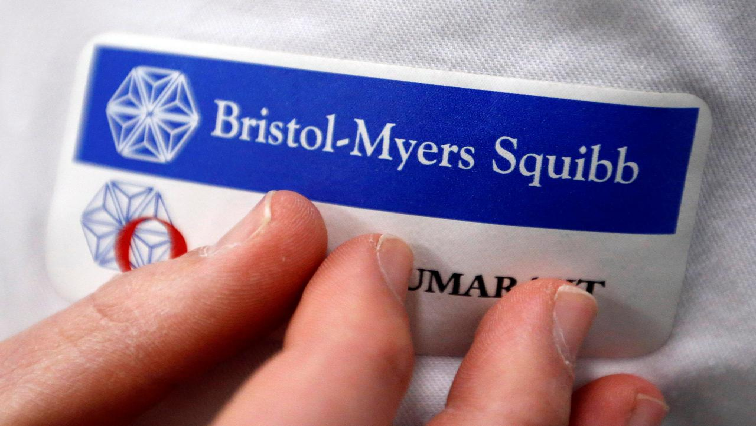Bristol-Myers Squibb Co on Saturday said that an experimental cancer therapy it acquired as part of its $74 billion deal for Celgene Corp produced positive results in a clinical trial.
The company said it will apply for U.S. approval for the treatment for a type of advanced blood cancer by the end of the year.
The treatment, liso-cel, is a newer type of immunotherapy known as CAR-T cell therapy, that takes immune cells from a patient, engineers them to better recognize and attack cancer and infuses them back into the patient.
The study tested three dose levels of liso-cel in the 269 patients with relapsed or refractory large B-cell lymphoma.
Nearly three quarters of the patients responded to the one-time treatment, with 53% experiencing a complete response, meaning no detectable sign of the cancer, according to data presented at American Society of Hematology Conference in Orlando.
The data marks a win for Bristol-Myers after its purchase of Celgene met resistance from some investors who thought that it was overpaying for the cancer-focused biotech.
It is also a positive sign for Celgene investors, who are entitled to received a contingent value right, or CVR, payment of $9 a share if three treatments in development, including liso-cel, achieve timely approvals.
Celgene had forecast annual sales reaching $3 billion for the immunotherapy. If approved, it would lessen some of Bristol-Myers’ dependence on its immunotherapy Opdivo, which has faced stiff competition from Merck & Co’s market leading rival drug Keytruda.
Liso-cel would compete with already approved CAR-T therapies Kymriah from Novartis AG’s Gilead Sciences Inc’s Yescarta. Several other companies are also developing CAR-T cell therapies.
Bristol-Myers closed its deal for Celgene in November, after anti-trust regulators approved it on the condition it divest Celgene’s psoriasis drug Otezla. Amgen Inc agreed to purchase Otezla for $13.4 billion in August.
Bristol-Myers managed to win investor approval for the deal despite resistance from investors Starboard Value LP and Wellington Management, who pushed other investors to vote against it.






